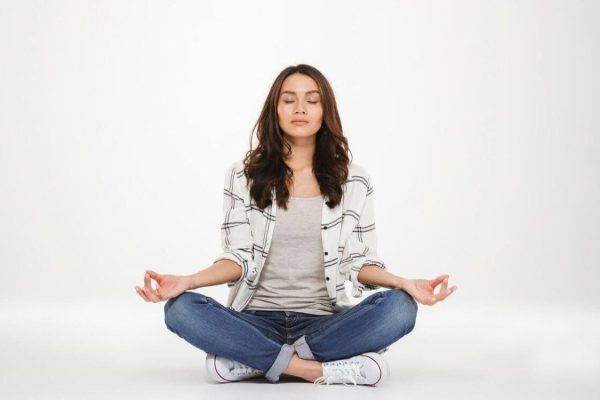Exercise can indeed affect your sleep, and not always for the better. How, when, and where you exercise all have an impact on your sleep quality.
Can Exercise Improve Sleep?
Yes, exercise can improve the quality of your sleep. In fact, many experts point to this basic lifestyle adjustment as being key to sleep improvement. However, sources point out that how and when you exercise makes a difference in how positively and how much your exercise will affect your sleep.
Generally speaking, exercise in the mid to late afternoon is ideal. For one thing, it gets you past the sleepy time in the afternoon when taking a nap (if possible) can result in your not feeling sleepy at bedtime. Late afternoon exercise gets your body heat up and your circulation going, and as your body temperature cools, it seems to get the body ready for sleep.
If you eat dinner early, exercising after dinner may work for you, but giving your body at least four hours of cool down time is said to be best.
A vigorous workout in the evening shortly before bed means you are trying to sleep with a raised body temperature, and studies have shown that a cooling body temperature is most conducive to sleep.
If morning is the only time you have to exercise, of course that is better than no exercise at all. Because exercise is good for the body overall, all body systems from circulation to muscle tone are improved, and keeping your body systems in top shape ultimately promotes a good night’s sleep.
Exercise also relieves tension. A 2022 study pointed out the relaxing benefits of exercise and the subsequent benefits of better sleep.
What Kind of Exercise Is Best?
For the most effective sleep promotion, most experts agree that cardiovascular exercise is best. A vigorous cardio workout that lasts at least 20 minutes is sufficient to raise body temperature, get your heart pumping, and enhance circulation. Examples of cardiovascular exercises you can do at home or nearby include:
* Walking (vigorous, fast walking)
* Jogging
* Jumping rope
* Aerobics
* Bike riding
The key is to make the exercise continual and vigorous. This is why exercises like Yoga and lifting weights, while valuable and valid types of exercise, are not necessarily the best choices for sleep-promoting cardiovascular exercise.
Yoga and other meditative, stretching exercises may be helpful before bed, however, to relieve tension without raising the body temperature too much. In fact, some experts say that stretching periodically throughout the day may be of benefit. Muscle tension is kept at bay and is less likely to “take hold” and cause tension and pain this way.















